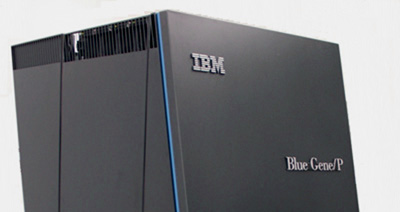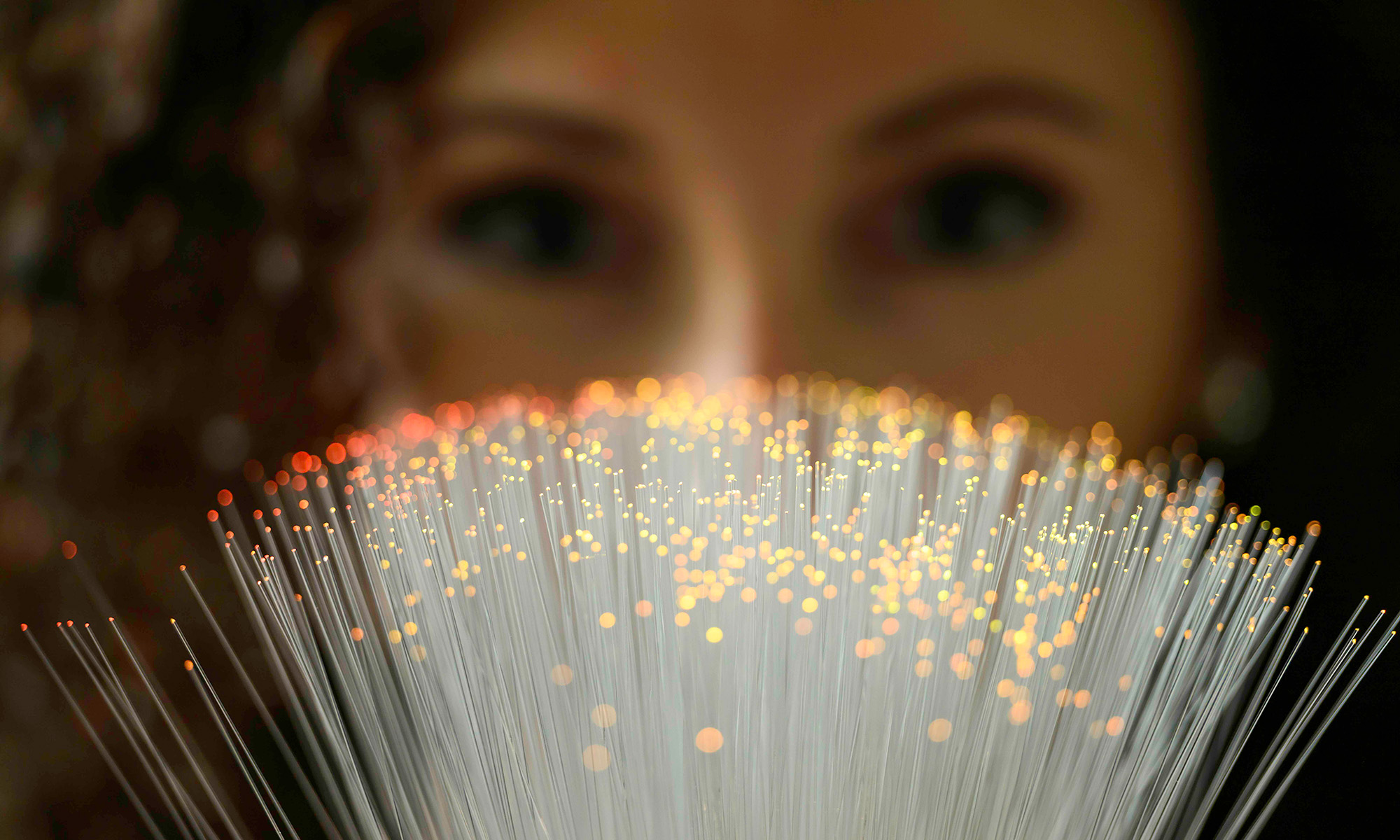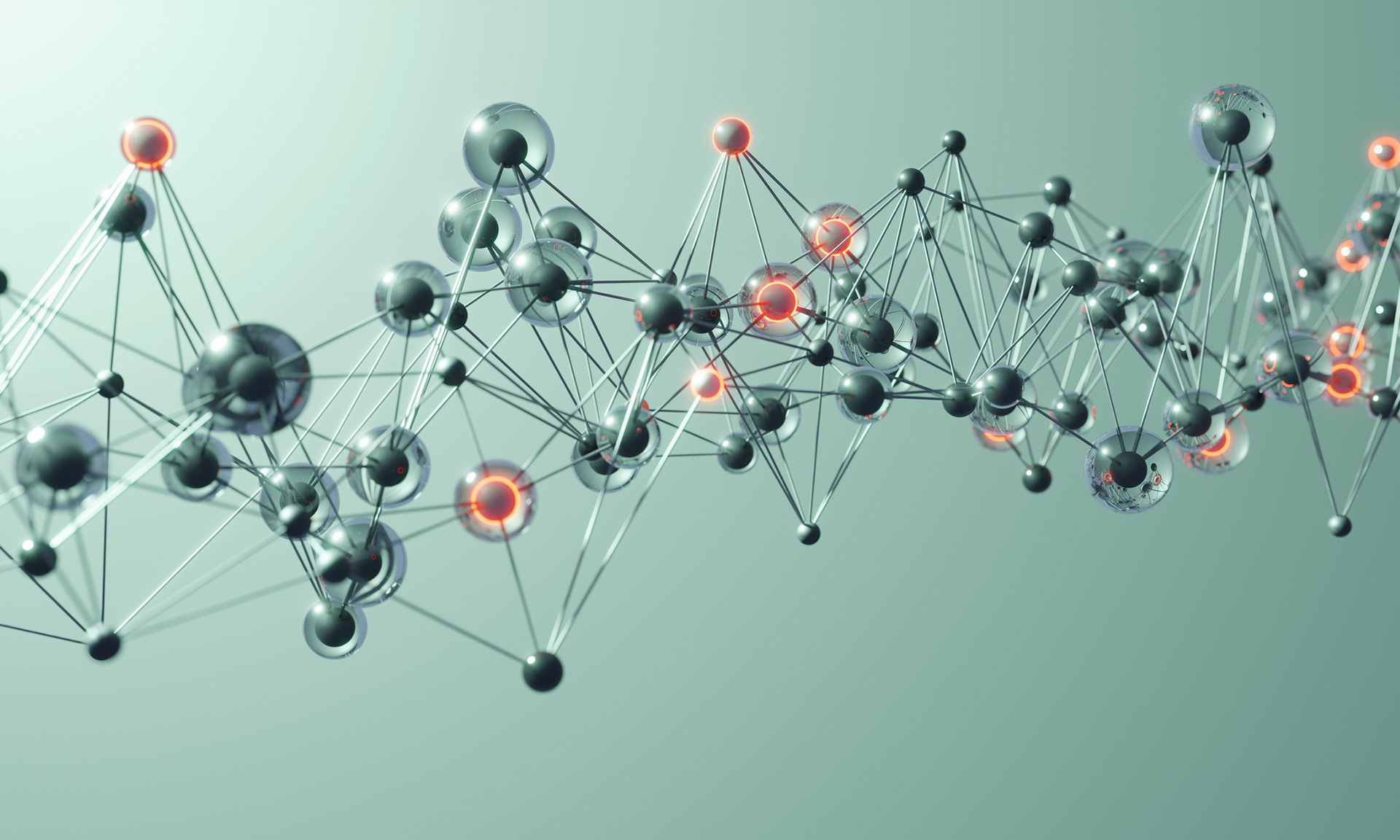Rochester Big Data Forum 2012 – Oct. 4-6
Modeling future climates or using genomic analysis to understand the mechanisms of cancer both require analyzing vast or very complex data, and exploiting the opportunities of “big data” is one of the biggest challenges in computing. The Rochester Big Data Forum 2012, which will be held at the University of Rochester Oct. 4-6, will bring together leading experts in big data analytics and its applications across a range of fields to address how best to deal with these exciting challenges.
“The phrase ‘big data’ seems to be everywhere in the media today,” notes Henry Kautz, chair of the computer science department at the University and organizer of the forum, “so much so that you might wonder if it’s just a buzzword. The purpose of the forum to show that big data is indeed real and important, a new way of connecting science and computing. We will see how advances in machine learning, data integration, and cloud computing are revolutionizing every field from biology to sociology, and how insights about algorithms used in one discipline can often be transferred with great success to other disciplines.”
The way research is conducted is evolving and there are few fields that will be left untouched. “Science in just about every area without big data will grind to a halt. It will be a field of diminishing returns,” says Pedro Domingos from the University of Washington and a speaker at the forum. Earlier this year the Obama administration announced the Big Data Research and Development Initiative “to help accelerate the pace of discovery in science and engineering, strengthen our national security, and transform teaching and learning.” President Obama referred to a needed “all hands on deck” effort.
The Rochester Big Data Forum will discuss the latest in techniques, such as machine learning and data mining. The speakers include leading experts Carlos Guestrin from the University of Washington, who researches machine learning at a large scale; Deborah McGuinness from the Rensselaer Polytechnic Institute, who looks at big data on the web and how to improve the usability of all the data that the web contains; and Carla Gomes, founder and director of the Cornell Institute for Computational Sustainability.
An example of how to use data mining and machine learning to build knowledge comes from a research project at the University of Rochester, TwitterHealth. In this project, Kautz worked with one of his then graduate students – now postdoctoral researcher – Adam Sadilek, and Vincent Silenzio from the University of Rochester Medical Center. Kautz and his colleagues taught a computer to look at tweets they had gathered to determine which Twitter users were ill and how disease might spread. They were able to predict for given Twitter users when they would get ill, up to eight days into the future. This automated model, which uses machine learning, is nearly as accurate as humans who manually analyze the text and much quicker.
The forum is the inaugural event organized by The Rochester Big Data Initiative, a center the University of Rochester formed to promote this kind of interdisciplinary research. For more information and a full program please visit: http://www.rochester.edu/rocdata/forum2012.




